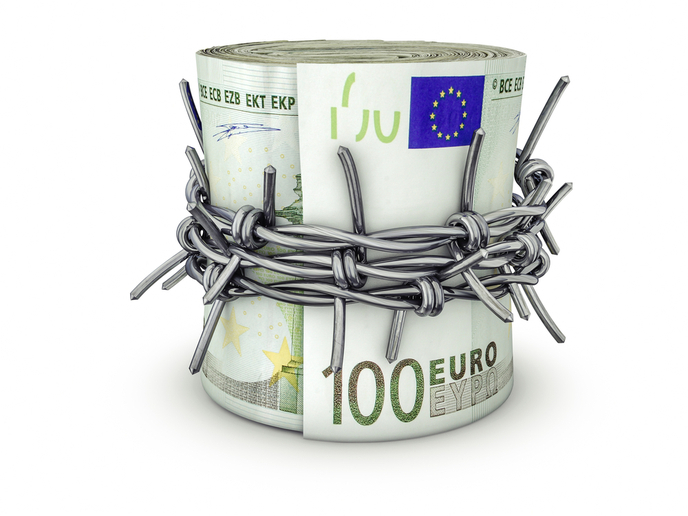Oil and diamonds: Keeping Europe’s natural resource trade legal
The EU’s predominant policy response to conflict resource cases has been restrictive measures. A recent trend is supply chain due diligence measures that oblige importers to ensure that the natural resources they use comply with certain minimum social and environmental standards. For the EU, the challenge lies in fitting these measures with its conflict-sensitive approach to crisis situations. This means that any intervention should take the context into account to ensure that it improves the situation instead of making it even worse. As the EU acknowledges in recent policy documents, measures can potentially exacerbate conflict and instability if they aren’t conflict-sensitive. To address the issue, the EU-funded GLONEXACO project “answered three interrelated research questions that examined both the global context in which these measures are taken, and how they can influence the small-scale dynamics of armed conflicts,” says Martijn Vlaskamp who was awarded a Marie Skłodowska-Curie Global Fellowship as principal researcher. “These questions are an immediate response to the European Commission’s call for improving transparency across the entire supply chain, and together with key trade partners deal with circumstances where the revenues from industries that extract raw materials finance wars or internal conflicts.” The first question looked at how the dynamics of the global natural resource trade influence the small-scale dynamics of armed conflicts. The second explored to what extent the small-scale dynamics of armed conflicts affect the global natural resource trade. The third and overarching question was how the EU can influence these two dynamics to curtail the natural resource trade that funds armed conflicts, without harming its competitive position. Reconciling small-scale dynamics of civil wars with local dynamics of natural resource trade GLONEXACO concluded that there are several questions to consider when thinking about policy measures to tackle conflict resources: the relevance of these resources for conflict dynamics, how effective and efficient this policy can be, what (unexpected) impacts it can have on the ground and how sustainable it is. Overall, results suggest that it’s best to refrain from very complicated mandatory supply chain due diligence systems and to choose voluntary systems with strictly established guidelines. This can avoid some of the quasi-sanction effects mandatory measures cause. These guidelines shouldn’t be limited to the conflict-free nature of commodities, but rather take a more holistic approach that also includes other social and environmental criteria. By combining all these criteria in one certificate, the costs for producers to maintain a certificate system can be lowered. To encourage use, the EU and other European institutions should make them mandatory for public tenders. In the EU, the public sector spends around 50 % of the GDP, and its consumption decisions have a profound impact on producer behaviour. “GLONEXACO identified several factors that have to be kept in mind to ensure that any EU policy targeting conflict resources doesn’t cause more harm than good,” concludes Vlaskamp. “The results argue for the establishment of systems that allow European citizens, in good conscience, to buy products that aren’t indirectly funding vicious warlords.”
Keywords
GLONEXACO, natural resource trade, armed conflicts, conflict resources, supply chain, due diligence



